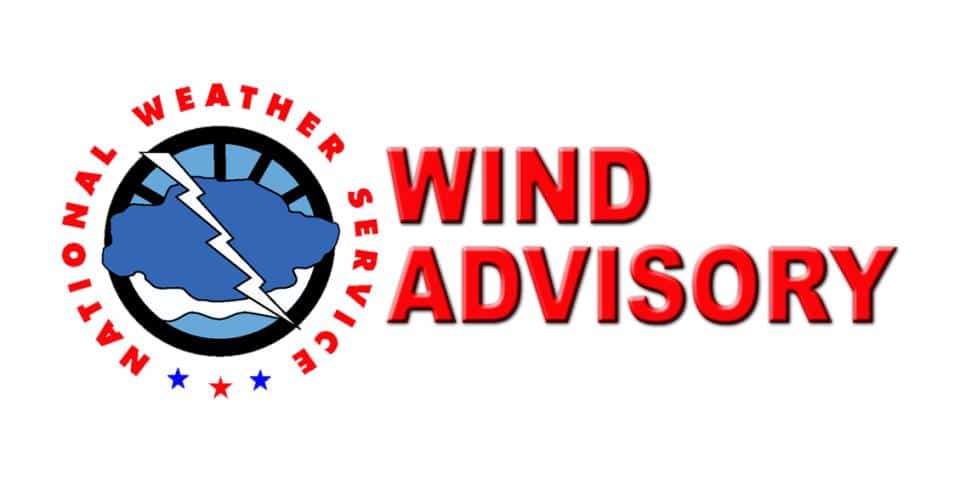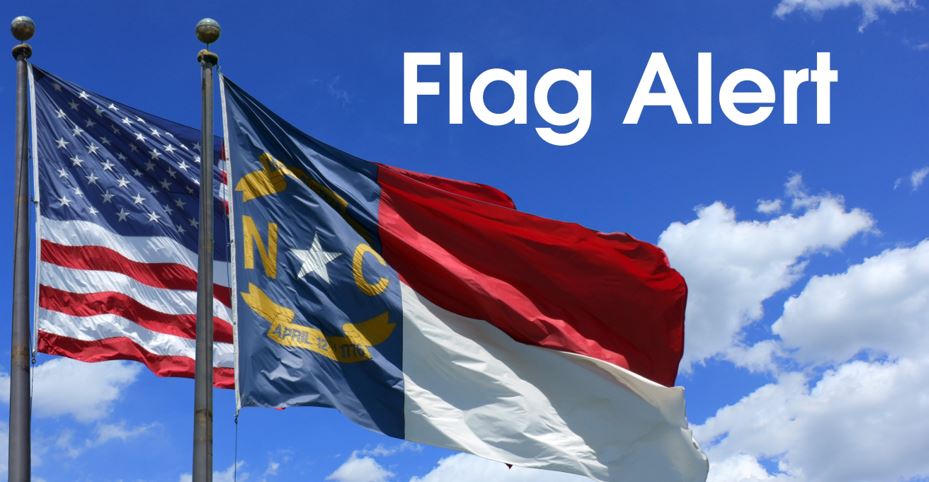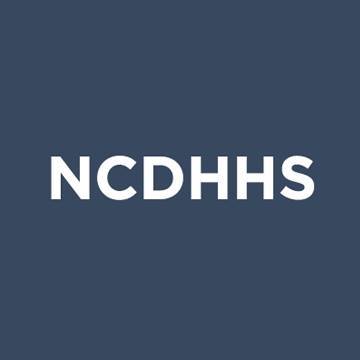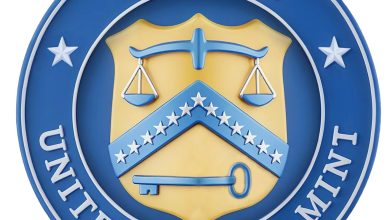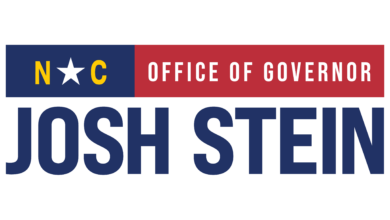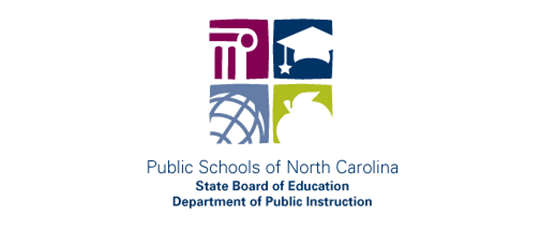
Last Updated on March 23, 2020 5:46 pm
This afternoon Gov. Roy Cooper announced that the closure of public school facilities as instructional settings for K-12 students will be extended through May 15.
While school buildings are closed for instruction, school employees will continue to expand efforts to ensure that vulnerable children and their families have access to nutritious food during this emergency. Additionally, in partnership with the Department of Health and Human Services, many North Carolina public school buildings will serve as emergency child care sites to support those on the frontlines of COVID-19 responses, including health care workers and first responders.
In the wake of the Governor’s announcement, public schools in traditional districts and charter schools will, as possible, implement remote learning plans they have developed for students’ academic achievement as well as social and emotional well-being.
“Superintendents across this state are acutely aware of how important it will be to continue to provide child nutrition services over the extended closure,” said Patrick Miller, the 2019-20 State Superintendent of the Year. “In some districts, child care services may be provided for medical staff and other essential staff on the front lines, such as law enforcement. We will also work diligently to remain connected with our students during this time. Our teachers are prepared to implement remote learning plans; however, these will look different from district to district. One thing I can assure you is that our teachers will continue to work hard and we will all get better at this as we go.”
Mariah Morris, the 2019-20 North Carolina Teacher of the Year, agrees. “Teachers are the first-responders for our students,” she said. “We understand the importance of the teacher-student relationship during these uncertain times. Beyond academic learning, teachers are able to provide social and emotional support for our students across the state that is so desperately needed. We, teachers, are leaders on the ground-level, and our children are relying on us to pave the way during these unprecedented times with positivity, innovation, and grace.”
State leaders will be providing further direction and guidance to local school leaders about how to deliver remote instruction and support for students during these unprecedented times. State education leaders recognize that remote instruction will look different in communities across the state as school districts and charter schools refine and implement their plans. The Digital Teaching and Learning Division of the N.C. Department of Public Instruction have curated a wealth of remote learning resources and information on theirwebsite. Inequities in local resources and digital access further complicate matters. The State Board of Education, Superintendent, and Department of Public Instruction will take all possible steps to mitigate these inequities and help local schools implement best practices for remote learning. Previous guidance regarding personnel-related matters remains in effect.
Earlier today, the State Board of Education held an emergency meeting and unanimously agreed to approve the recommendation from Superintendent Johnson and the Department of Public Instruction to seek a waiver of federal testing requirements. This afternoon, the U.S. Department of Education notified DPI that the federal waiver was approved. With respect to state testing requirements, the State Board of Education and Superintendent Johnson are already in close contact with General Assembly members about the waivers necessary to address COVID-19 for this school year.
As we look ahead, we want to resume traditional in-school instruction this school year on May 18. We will reopen schools if our public health experts say that we can.
Parents and students know the value of direct instructional time and the value of face-to-face interactions between teachers and students. After the closure, we look forward to returning to our schools, finishing this school year, and preparing for the next school term.
“While educators and families are eager to return to school, we understand how important it is for us to follow the guidance of the Governor’s office and experts from the CDC and DHHS,” said Matt Bristow-Smith, 2019-20 NC Principal of the Year. “Educators are 100% committed to the safety, health, and well-being of our scholars. We will continue to implement remote learning plans to support our students academically, socially, and emotionally as we get through this together.”
We are particularly aware of how important a return to regular school will be for our seniors, the Class of 2020. We are in direct contact with our partners in higher education and understand our seniors have unique needs at this time in preparation for further education and the workforce. We will be providing additional guidance related to the specific issues related to our senior class.
We know that public schools are the backbones of our communities. As we face new realities, we will all need to adjust. There will be hundreds of decisions to make as we redefine school this year and beyond. State leaders will continue to collaborate with our partners in the General Assembly and local leaders to address the policy and legal issues that will inevitably arise from this pandemic.
Despite the present uncertainties, our core principle of putting children and school communities first remains unwavering. It will guide us moving forward. The State Board of Education, Superintendent, and Department of Public Instruction thank Governor Cooper for his leadership in this challenging time. We extend gratitude to our colleagues at the Department of Health and Human Services for providing the best-available data to inform decision-making during this public health emergency. The decision to close school buildings as instructional settings through May 15 is the prudent one. We will continue to make decisions about school based on public health requirements. We also thank our health care workers who are vital to these efforts, as well as our first responders, who are doing so much to respond to this crisis.









